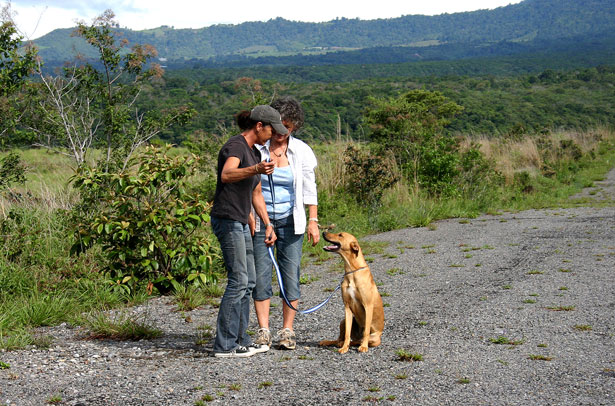Punishment or reward (kindness) based training – research

Generally, well-informed, dog owners understand that aversive (punishment) based methods of dog training are bad for our dogs. However, although this is accepted by many there is very little decent research that underpins this view. One, of course, that I, agree with.
I read a very interesting piece of research from Portugal
Unlike much so-called research that is published, this is a well structured piece of, evidence based clinical, research that does not rely upon owner questionnaires and a limited study pool.
This study looks at a number of dog training schools in Portugal, some using aversion (punishment) techniques and others using positive reinforcement methods.
I have linked to this research, above. If you are interested it is worth a read.
Extract from study conclusions:
“Dogs from Group Aversive displayed more stress-related behaviors, spent more time in tense and low behavioral states and more time panting during the training sessions, showed higher elevations in cortisol levels after training and were more ‘pessimistic’ in the cognitive bias task than dogs from Group Reward. These findings indicate that the use of aversive-based methods compromises the welfare of companion dogs in both the short- and the long-term.”
This will not be news to anyone who has studied dog behaviour or/and training methods. Unfortunately, there are still too many ‘trainers’ who do not understand this concept and, continue to use punishment (in whatever form) as a ‘training’ method.
I would urge anyone looking for a trainer to choose carefully. Find out how a trainer goes about working with dogs, read reviews and look for recommendations – even then, take time to verify claims before deciding on who to entrust the training of your dog to.
